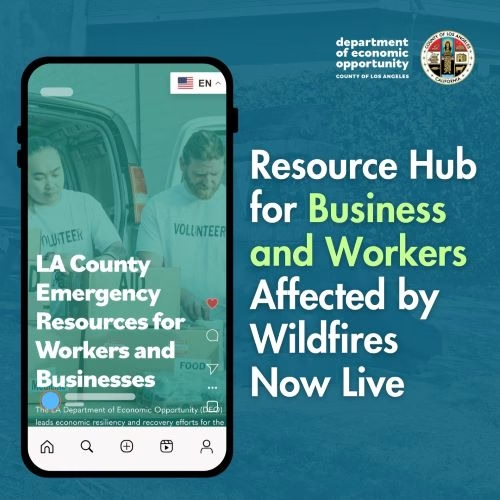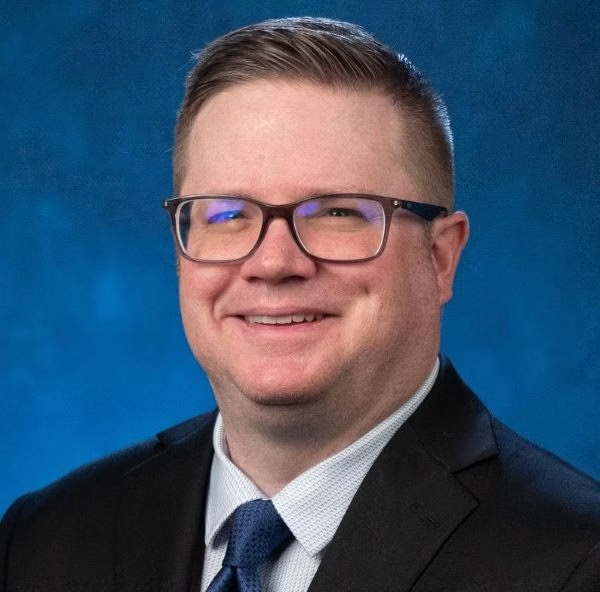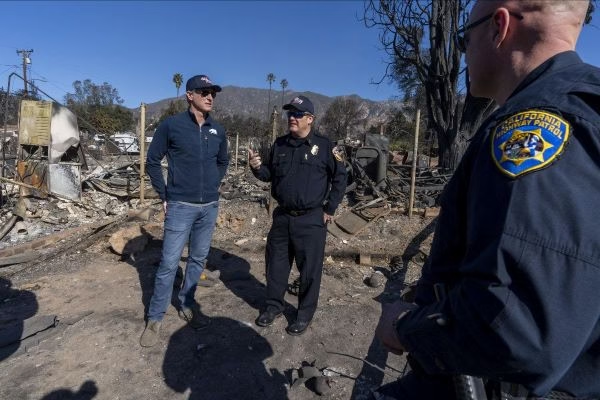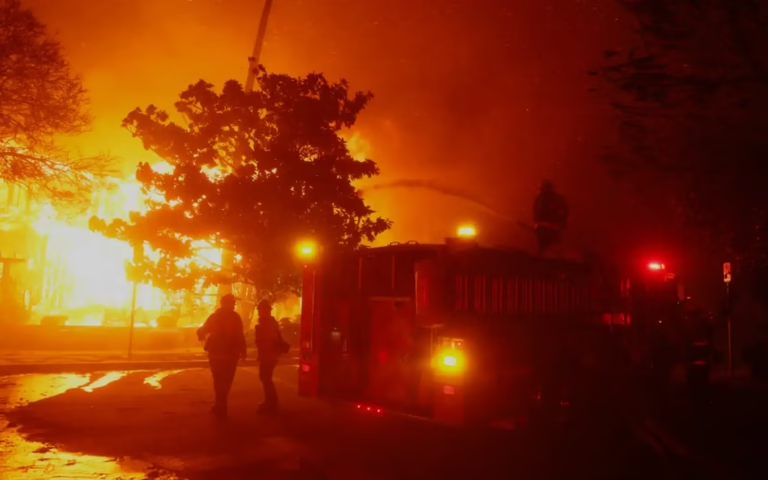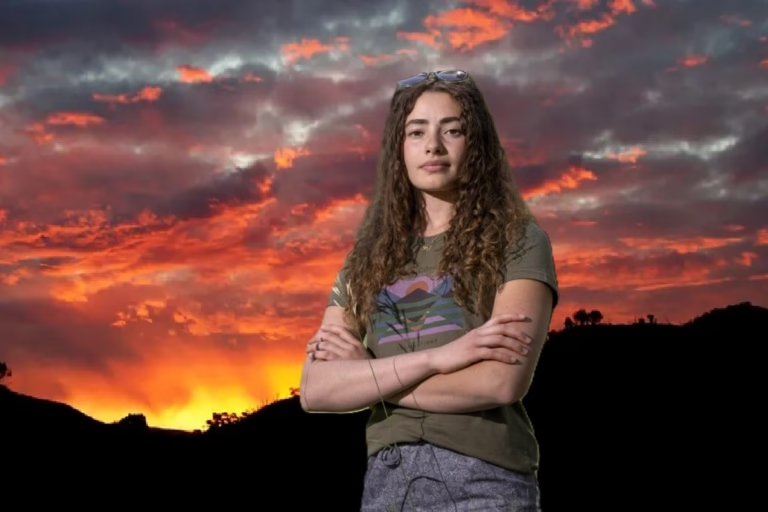First State Supreme Court Decision Could Lead To Many More
Christmas came a week early for 16 young Montanans this winter. They won the right to a safe and livable climate in a landmark state Supreme Court decision. In 2023, Held v. Montana became the first youth climate case to go to trial and result in the finding of an individual right to a livable climate. The 6-1 Montana State Supreme Court ruling on Dec. 18 marked another first, affirming that right, and adding momentum for other states to follow.
“This ruling is a victory not just for us, but for every young person whose future is threatened by climate change,” said Rikki Held, the named plaintiff in the case. “We have been heard, and today the Montana Supreme Court has affirmed that our rights to a safe and healthy climate cannot be ignored.”
Melissa Hornbein, senior attorney with the Western Environmental Law Center and attorney for the plaintiffs said, “Montana’s regulatory agencies must now evaluate the potential harm to the environment and the health and safety of the state’s children from any new fossil fuel projects, and determine whether the project can be justified in light of the ongoing unconstitutional degradation of Montana’s environment, natural resources and climate.”
They were also represented by Our Children’s Trust, which began youth climate litigation over a decade ago, and has litigation underway in several states, including Alaska, Hawai’i, Utah, Florida and Virginia as well as Montana.
State Republicans responded predictably by accusing the court of judicial activism and overreach. But it was Tea Party Republicans in 2011 who first excluded consideration of climate effects. So while the recognition of an individual constitutional right is new — and significant both nationally and internationally — in Montana the practical effect is simply to restore the pre-Tea Party status quo. It’s anything but a radical departure in an everyday policy sense.
“This ruling is not just a win for Montana — it’s a signal to the world that youth-led climate action is powerful and effective,” said plaintiff Kian. “The eyes of the world are now on us, seeing how youth-driven legal action can create real change.”
Several other states have similar explicit environmental rights — first passed in the 1970s — with courts playing a growing role in enforcing states’ environmental rights amendments, Northeastern University law professor Martha Davis explained in an article, “The Greening of State Constitutions,” at the time of the original trial.
This wasn’t the first time a state supreme court had recognized a right to a stable climate. In March 2023, Hawaii’s top court ruled that a regulatory agency didn’t abuse its discretion in considering climate change. But, “It was a purely administrative issue,” Davis told Random Lengths. “There was no public interest organization in front of it.” The court ruled that Hawaii’s Public Utilities Commission had the discretion to consider climate impacts — but not that it had to.
“The Montana case in contrast was brought by a group of youths,” she said. “They are challenging MEPA, the Montana Environmental Protection Act on the grounds that it affirmatively bars the state from considering climate change. … And so the youth argued that that violated the state constitution, their rights directly,” Davis explained.
In addition, “The fact that it’s based on an evidentiary record of the nature and scope that was presented by first, the trial record and then Judge Seeley’s decision of Aug 14, 2023, of over 100 pages makes this case unique,” co-lead trial counsel Phil Gregory from Our Children’s Trust told Random Lengths. The ruling confirmed “that these cases can be tried. They can be tried very effectively,” he said, “They’re not complicated cases to try,” as judges in other states might previously have thought. So this should further accelerate similar litigation.
Not only was the evidence overwhelming, it was unrebutted. “It’s not like the state introduced testimony that there are no climate impacts in Montana because that testimony didn’t come into evidence. The state didn’t even try,” Gregory said. “The evidence was uncontested that these plaintiffs are being harmed by climate impacts.”
[The state] “had an expert, Dr. Judith Curry, who was supposedly prepared to do that” — contest the evidence. But “Dr. Curry didn’t testify at trial,” he said.
On appeal, Montana’s Supreme Court faced three main legal issues: “Whether the Montana constitution’s guarantee of a ‘clean and healthful environment’ includes a stable climate system that sustains human lives and liberties,” whether the MEPA limitation violated that constitutional guarantee, and whether the youth plaintiffs had standing — the right to challenge the state for that violation. A minor fourth issue was dismissed in two paragraphs.
On the first issue, the state argued that the framers couldn’t have intended to include protections against climate change, because they didn’t specifically discuss it, but only focused on examples in Montana, such as “‘The clear, unpolluted air near Bob Marshall wilderness,” as described in the convention transcript.
“But our Constitution does not require the Framers to have specifically envisioned an issue for it to be included in the rights enshrined in the Montana Constitution,” the court wrote, going on to quote from a 1924 decision: “A Constitution is not a straight-jacket, but a living thing designed to meet the needs of a progressive society and capable of being expanded to embrace more extensive relations.” What’s more, the constitution’s text and transcript reinforce this same point, as the court has noted in previous cases it cited — most notably two cases from 1999 (MEIC) and 2020 (Park Cnty):
The right to a clean and healthful environment is “forward-looking and preventative.” Park Cnty., ¶ 62. It does not require the Framers to have contemplated every environmental harm that is protected under “‘the strongest environmental protection provision found in any state constitution’” Park Cnty., ¶ 61 (quoting MEIC 1999, ¶ 66).
And, of course, Montana-specific harms were at the heart of the case the court confirmed: “Plaintiffs showed at trial — without dispute — that climate change is harming Montana’s environmental life support system now and with increasing severity for the foreseeable future.”
And so the court concluded, “Montana’s right to a clean and healthful environment and environmental life support system includes a stable climate system.”
On the second issue, the court noted, “Obviously, a clean and healthful environment cannot occur unless the State and its agencies can make adequately informed decisions” which can’t be done “when the Legislature forecloses an entire area of review.” And thus the MEPA limitation is unconstitutional. But the decision is policy neutral: “We decide only that the Constitution does not permit the Legislature to prohibit environmental reviews from evaluating GHG emissions.”
On the issue of standing, the guiding principle was clear — a constitutional violation alone wasn’t enough, “But alleging facts stating a claim that a statute violates a plaintiff’s constitutional right is sufficient to show an injury, and seeking to vindicate those constitutional rights confers standing.” Both the state and the one dissenting justice raised numerous arguments trying to cloud the issue, but a 2014 case, Schoof v. Nesbit — involving violations of Montana’s open meeting law — provided excellent guidance in dispelling them.
The lone dissenting opinion began bizarrely and inexplicably with a long quote from a 1950 Saturday Evening Post story about a warming planet, which it blamed on the Sun, with no mention at all of the greenhouse effect. It also incoherently argued that the court shouldn’t get involved in policymaking, while making a stab at doing precisely that: it rattled off a series of geoengineering-type “solutions” no one else had been talking about.
“Like you I’m befuddled. I really don’t know what to make of the dissent,” Gregory said. “The dissent cites to no evidence that the majority opinion should have considered but didn’t.” In fact, “What the dissent is saying here is totally not based on anything that was introduced at trial,” he said. “Typically what happens in the dissent is that the majority relies on evidentiary matters one, two and three, and the dissent says, ‘Ah, but you’re ignoring the evidence A, B and C over here which you should have relied on. Well, that’s not what this dissent is saying at all.”
What it is saying has much more in common with Gov. Greg Gianforte and Republican legislative leaders, who also avoided the facts in case, falling back on conservative talking points. “This Court continues to step outside of its lane to tread on the right of the legislature, the elected representatives of the people, to make policy,” Gianforte said in a statement.
But the claim to represent the people rings hollow in light of the actual record. One of the laws struck down was passed in May 2023, and drew “more than 1,000 comments, 95% of which expressed opposition to the measure,” according to Amanda Eggert, reporting for the Montana Free Press. And the policy in question — to bar considering climate impacts — clearly conflicts with the constitution. If legislators want to change the constitution, a two-thirds vote of either chamber can put it on the ballot for the people to decide.
Thus, the will of the people isn’t being ignored or suppressed by the court. Quite the contrary, it’s the GOP-run legislature that’s been ignoring the popular will. As Eggert also noted, in a 2022 poll of Montana registered voters “three-fifths of those polled said there is enough evidence of climate change to support action and called for a transition to renewable energy.”
What happens next in Montana remains to be seen. Some project evaluations have been on hold pending the decision. There could be further litigation if they fail to meet the new standard. And the legislature may weigh in trying to further complicate matters. It meets in regular session for no longer than 90 days in each odd-numbered year, so “We really won’t know until the first quarter of 2025 what the state is going to do,” Gregory said.
More broadly, “Every state has its own constitution and by my count seven states identify or recognize a right to a healthy environment or something like it,” said Washburn law professor James May, who’s worked with Out Children’s Trust for over a dozen years. “A little more than 30 states address the environment in some way, but not by providing a right,” he said. “It might have a provision about environmental protection or who knows what, but not a right.”
But that’s not the only avenue open. Our Children’s Trust has a case pending in Utah that could help break new ground, Davis explained. Utah’s state constitution does not have specific environmental rights provision, instead “They’re arguing that what’s called the Lockean guarantee — the natural rights provision in the state constitution — establishes environmental rights,” she explained. “There are 39 states that have natural rights provisions of the state constitutions.” So if they’re successful in Utah, “Then potentially there could be litigation in any of the 39 states that have those kinds of provisions.”
In short, Held v. Montana could well be only the beginning of a dramatic shift in state law climate law across the country. But May raised a note of caution. There’s a Hawaiian case, Sunoco vs Honolulu, based on common-law claims for negligence and fraud, which Sunoco appealed to the Hawaii Supreme Court and lost. Now it’s asking the U S Supreme Court to intervene, which would be quite rare. “I’d be surprised if the Supreme Court agreed to hear the case,” May said. “I’d be more surprised if the Supreme Court ruled on the case and I wouldn’t be surprised that if it ruled on the case, it took away the authority of states to get involved.”
On Dec. 10, Joe Biden’s solicitor general submitted a brief arguing that Sunoco’s petition seeking review “should be denied for multiple interrelated reasons,” but there’s no telling when the court might decide. In the meantime, the Held decision is generating state-level hope across the country.
“We hope this decision inspires others across the country and beyond to stand up for their rights to a livable climate,” plaintiff Kian said. “The eyes of the world are now on us, seeing how youth-driven legal action can create real change.”



